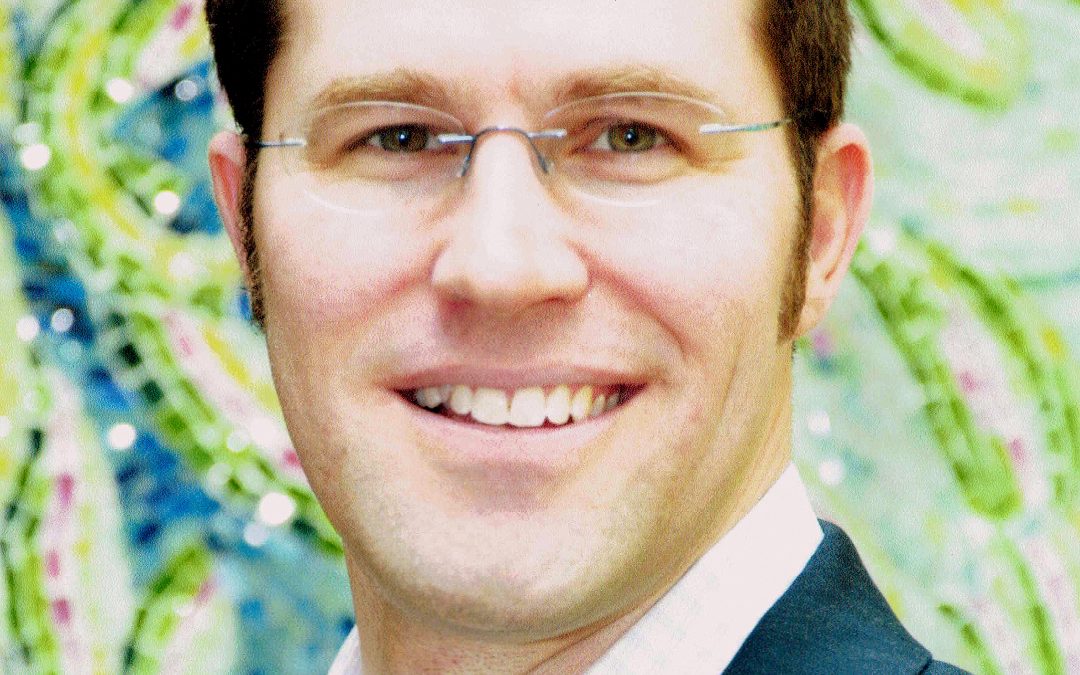Last year, we began our spotlight series on our 2020-21 Faculty Affiliates. Today, we would like to introduce CSFE Associate Director and WCU Professor of Economics, Sean Mulholland.
Sean was born and raised in South Carolina and earned his M.A. and Ph.D. from Clemson University. Before taking a position at WCU, he held faculty positions at Boston College, Stonehill College, and Mercer University. Sean has investigated a wide variety of topics including, human capital and economic growth, white supremacist groups and hate crimes, school competition and student performance, and Uber and vehicle fatalities.
As Associate Director since 2020, Sean is responsible for putting together the CSFE’s Scaled-Up Seminar. Scaled-Up is CSFE’s event that gathers academics from different institutions to work-shop ongoing research with other professionals. Another responsibility is with our 2020-21 Faculty Affiliate Cohort. Sean brought together faculty from both inside and outside WCU’s economic department that are investigating the effects of the COVID-19 pandemic and how people are seeking to reduce the adverse effects of the pandemic.
In addition to his associate director role, Sean is also heavily involved with research. As a part of the Collaboratory Grant CSFE received in 2020, Sean, along with CSFE Director Edward Lopez and faculty affiliate Steve Ha, researched how COVID-19 impacted our area. Sean focused on how the different executive orders affected the infection and death rates – if at all.
“I used something called a synthetic control method where I said, okay, let’s look at counties in the Western part of North Carolina and create synthetic counties made up of counties in South Carolina, that behave similarly to the N.C. counties before COVID-19. So, for instance, let’s look at Jackson County and create a synthetic Jackson County, composed of a composite of S.C. counties whose unemployment rates behave similarly to Jackson County N.C. before COVID-19. Once constructed, I then compare how the synthetic Jackson County’s unemployment rate behaved under the South Carolina Governor McMaster’s policies and compare that to Jackson County’s unemployment rate under Governor Cooper’s policies.”
Sean used this synthetic control analysis for all 23 counties in Western North Carolina, and what he found was quite interesting.
“The fascinating thing was there wasn’t a big punchline. It was not that all North Carolina counties fared better or worse than the composites I created. However, it does appear that more urban counties in Western North Carolina, like Buncombe county, fared worse, both in terms of the unemployment rate and in terms of COVID death rates, than the synthetic Buncombe counties generated using South Carolina, Georgia, and Tennessee counties.”
The results suggest that N.C. executive orders had little to no effect on unemployment and death rates in rural counties, but, in urban counties, the executive orders increased the unemployment rates and had little to no effect on COVID-19 death rates. These results are essential to consider if we are ever faced with another pandemic.
We are proud of all of Sean’s research and his commitment to CSFE, and we look forward to following along as his research progresses. As Associate Director, Sean also wants to thank the CSFE Board Members for their continued support and invaluable input.
Thank you, Sean Mulholland, for being a valuable part of the CSFE staff and community.

